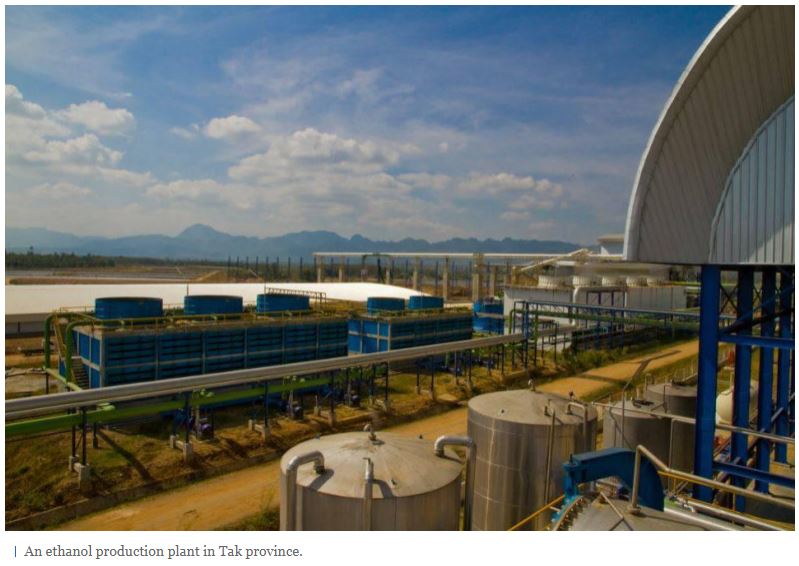Thailand: Ethanol tax incentives mulled
The Finance Ministry stands ready to use tax measures to support the use of ethanol to produce bio-ethylene, a major feedstock used for making bio-based polyethylene, says a ministry source who requested anonymity.
Commonly known as PE, polyethylene is a type of plastic used for making a variety of products, including packaging materials and bottles.
Ethanol is currently blended with benzene to produce gasohol.
With petrol use expected to decline in the future as electric vehicles become more popular, ethanol should be allocated for industrial purposes such as bio-plastic production, said the source. Such a move is in line with the global agenda of environmental protection.
Thailand produces more than 2 billion litres of ethanol per year.
The Energy Ministry is in charge of ethanol and limits its use to blending with petrol. Usage of ethanol for other purposes requires ministry permission.
Importing ethanol to cope with a local supply shortage or exporting it to deal with a glut also requires approval from the Bio-, Circular and Green Economy Committee.
There are 28 ethanol production plants in Thailand, of which 27 are in operation and one is under construction.
The 27 operating plants have a combined daily capacity of 6.9 million litres. Most of them are located in Thailand’s central and northeastern regions.
Thailand is the world’s seventh-largest consumer and producer of ethanol.
The country launched gasohol 91 and 95 in 2001, before introducing gasohol E20 and E85 in 2008.
The government limits the distribution of ethanol to oil traders under the fuel trade law.
Source: https://www.bangkokpost.com/business/2531915/ethanol-tax-incentives-mulled


 English
English




